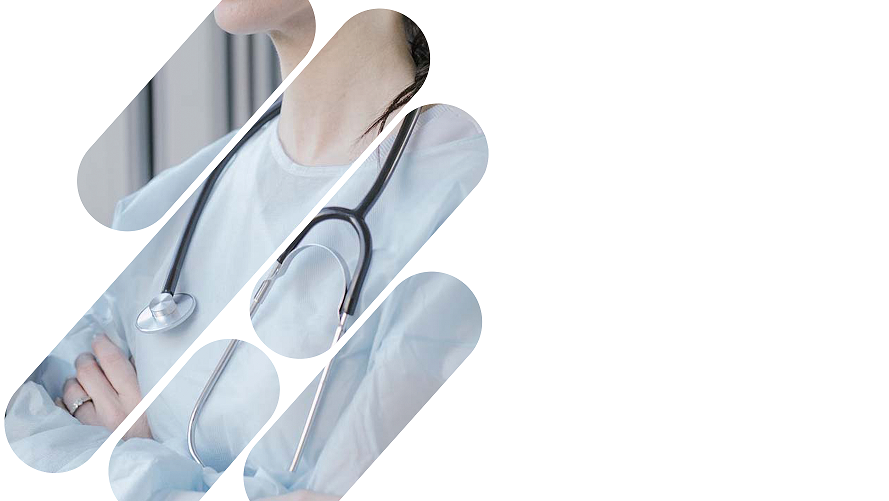 In today’s current economic climate, it isn’t easy to find a new job. When you do get a new job, you want to make sure you make a fantastic impression and go the extra mile so you pass the probationary period and settle in to a new career. But as with anything in life, things don’t always go the way you plan them.
In today’s current economic climate, it isn’t easy to find a new job. When you do get a new job, you want to make sure you make a fantastic impression and go the extra mile so you pass the probationary period and settle in to a new career. But as with anything in life, things don’t always go the way you plan them.
Having an accident at work can be stressful enough – having one in a new job can be even worse. The thing is, your wellbeing is the responsibility of your employer, so when you start a new job, it’s your employers responsibility to make sure that you are quickly trained in all things health and safety, and that you are trained in how to use equipment and do your job without ending up injured.
Firms should have a health and safety induction. It’s not the most thrilling thing in the world to read through pages and pages of information that ranges from important manual handling training to how to wash your hands properly; but it has to be done. But what I want to focus on more, in this blog post, is starting a new job where there is a very real risk of being injured quite easily.
Read More

 We deal with all types of personal injury claims including
We deal with all types of personal injury claims including  Manual handling is important to get right. Getting it wrong can result in serious injuries; so it’s key for employers to make sure that they deal with manual handling activities in the correct way.
Manual handling is important to get right. Getting it wrong can result in serious injuries; so it’s key for employers to make sure that they deal with manual handling activities in the correct way.
 In today’s current economic climate, it isn’t easy to find a new job. When you do get a new job, you want to make sure you make a fantastic impression and go the extra mile so you pass the probationary period and settle in to a new career. But as with anything in life, things don’t always go the way you plan them.
In today’s current economic climate, it isn’t easy to find a new job. When you do get a new job, you want to make sure you make a fantastic impression and go the extra mile so you pass the probationary period and settle in to a new career. But as with anything in life, things don’t always go the way you plan them. We take on a lot of
We take on a lot of  At
At  Here at The Injury Lawyers we deal solely with personal injury claims – we are therefore experts in the personal injury field. If you are wondering whether you have to be off work to make a claim for compensation, put simply, the answer is no. If you are injured in an accident that was not your fault, you could be eligible to
Here at The Injury Lawyers we deal solely with personal injury claims – we are therefore experts in the personal injury field. If you are wondering whether you have to be off work to make a claim for compensation, put simply, the answer is no. If you are injured in an accident that was not your fault, you could be eligible to  If you have sustained an injury at work, such as by tripping over boxes, you may be entitled to recover compensation. Many employees are reluctant to pursue a claim against their employer for fear of losing their job or fear that it will make life at work more difficult. This is certainly understandable and ultimately it is always your choice whether or not you would like to make a claim. It is your right to claim if you have sustained injury at work and it was not your fault. Whether or not you exercise that right is a decision only you can make.
If you have sustained an injury at work, such as by tripping over boxes, you may be entitled to recover compensation. Many employees are reluctant to pursue a claim against their employer for fear of losing their job or fear that it will make life at work more difficult. This is certainly understandable and ultimately it is always your choice whether or not you would like to make a claim. It is your right to claim if you have sustained injury at work and it was not your fault. Whether or not you exercise that right is a decision only you can make. Clearly if a roof collapses and people are beneath the roof, it is highly likely that people will be injured or quite possibly killed. The potential result of such an accident is devastating. A roof could collapse because it has not been adequately checked or maintained. A roof could also collapse due to some other cause such as an explosion or not being constructed properly.
Clearly if a roof collapses and people are beneath the roof, it is highly likely that people will be injured or quite possibly killed. The potential result of such an accident is devastating. A roof could collapse because it has not been adequately checked or maintained. A roof could also collapse due to some other cause such as an explosion or not being constructed properly.









